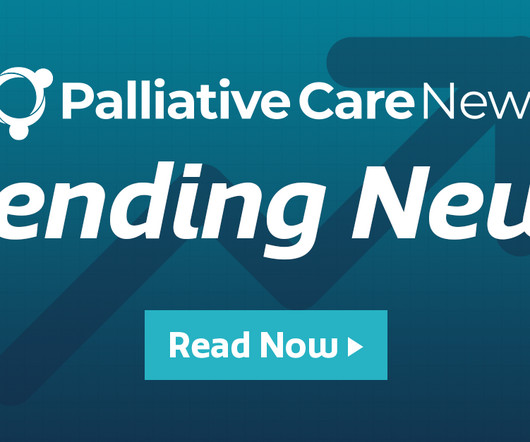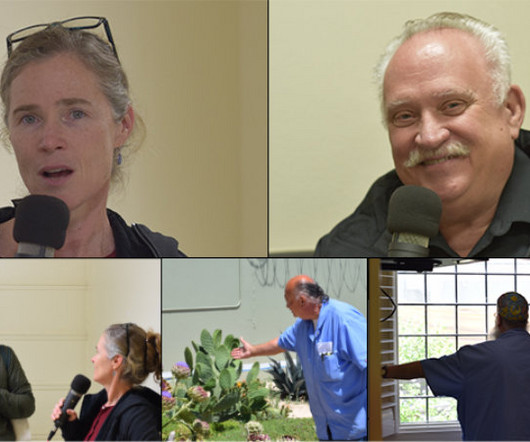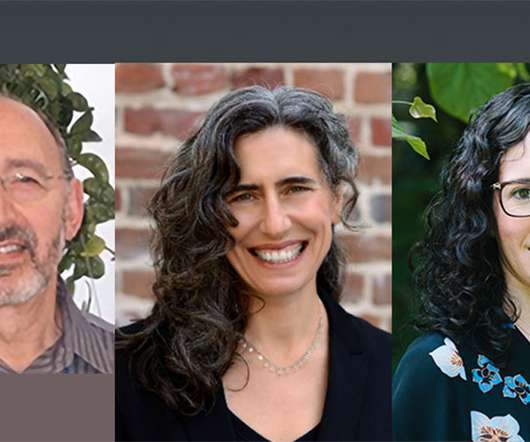Hospice Organizations Appoint New Leadership, VPs
Hospice News
JANUARY 28, 2025
With a robust and growing membership and an engaged board, the Academy is strongly positioned to be a leading voice for hospice and palliative care physicians and professionals. He was also a member of the Palliative and End-of-Life Care Standing Committee at the National Quality Forum. Annes Nursing Center.












Let's personalize your content